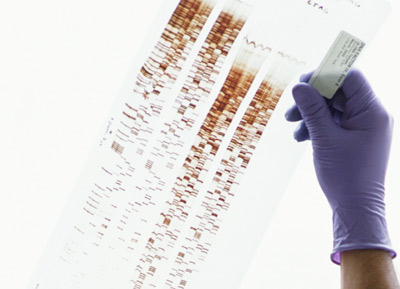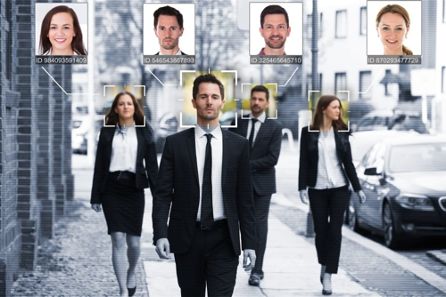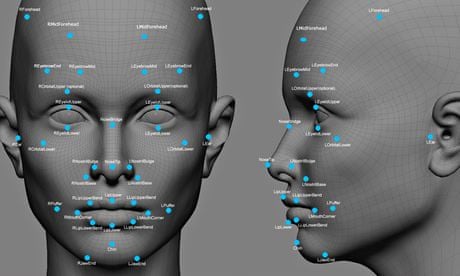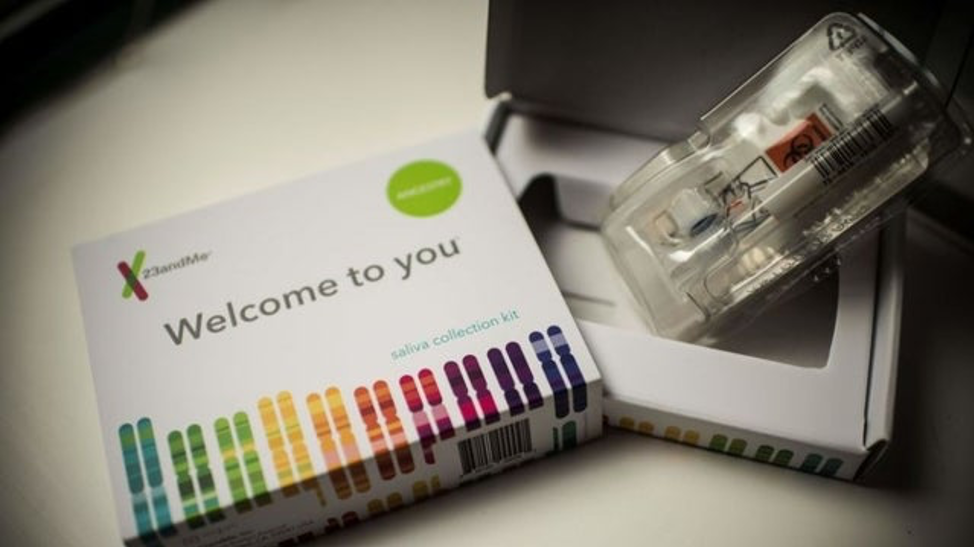
Dorota Poplawska balances the pursuit of justice against privacy interests in electronic DNA databases.

When one Missouri college decided to institute a mandatory drug testing policy, students responded with a class-action lawsuit. Puja Patel discusses.



